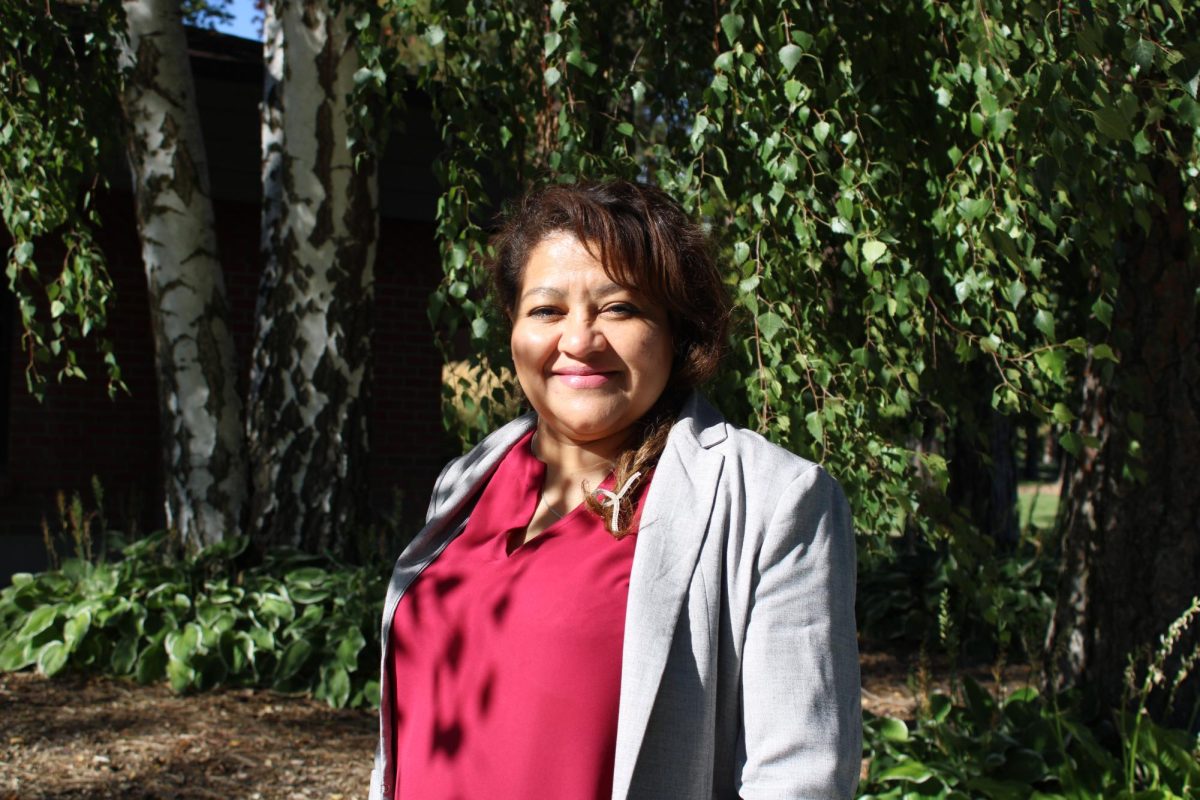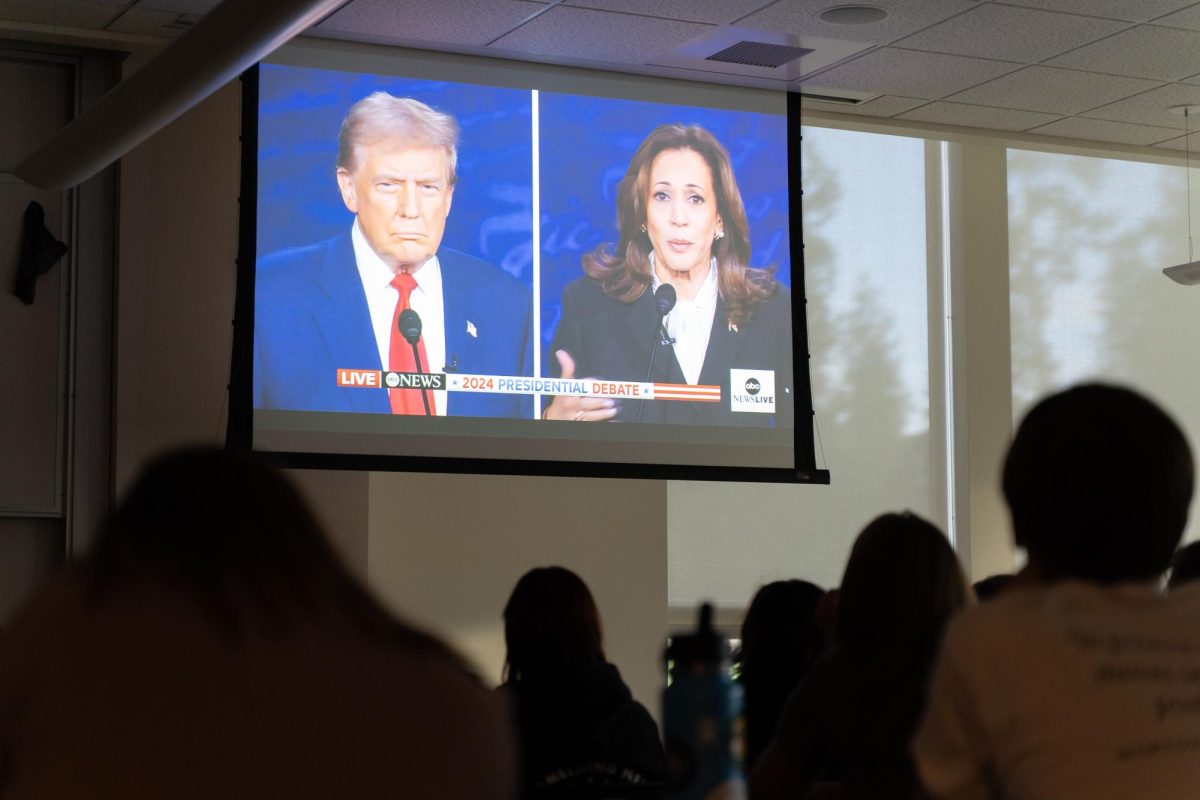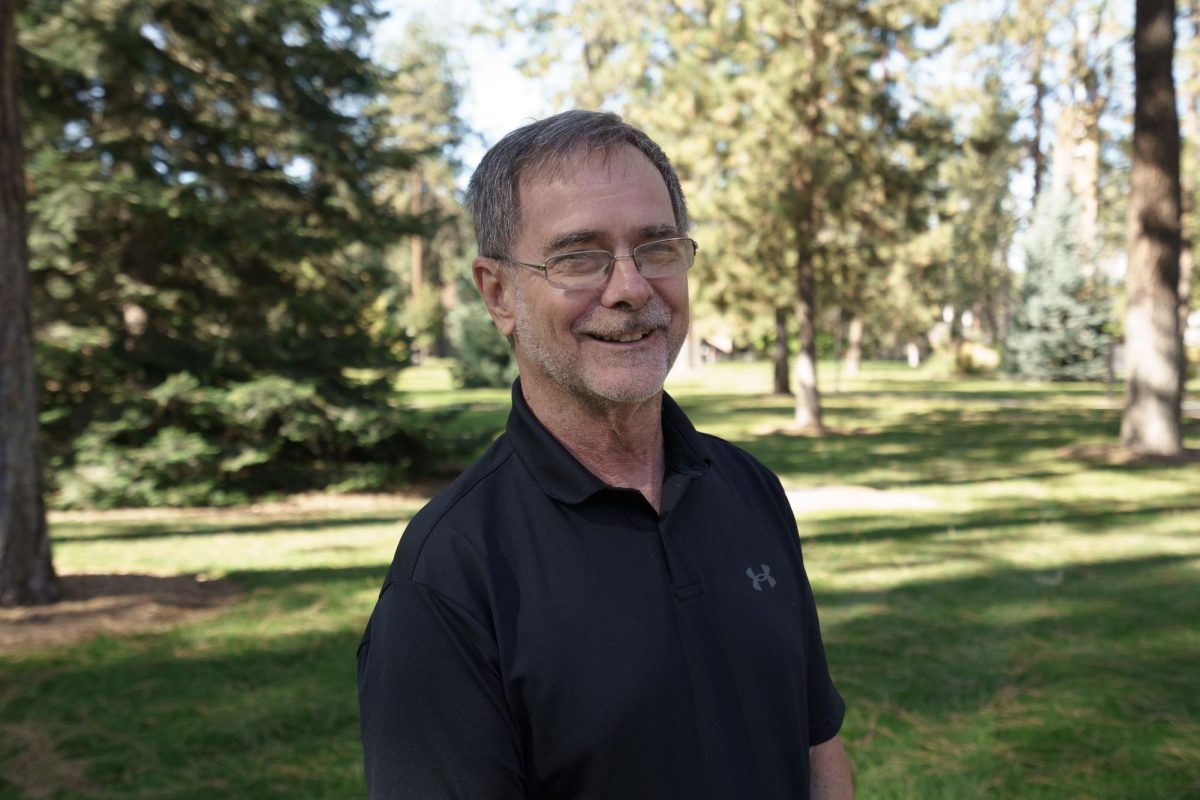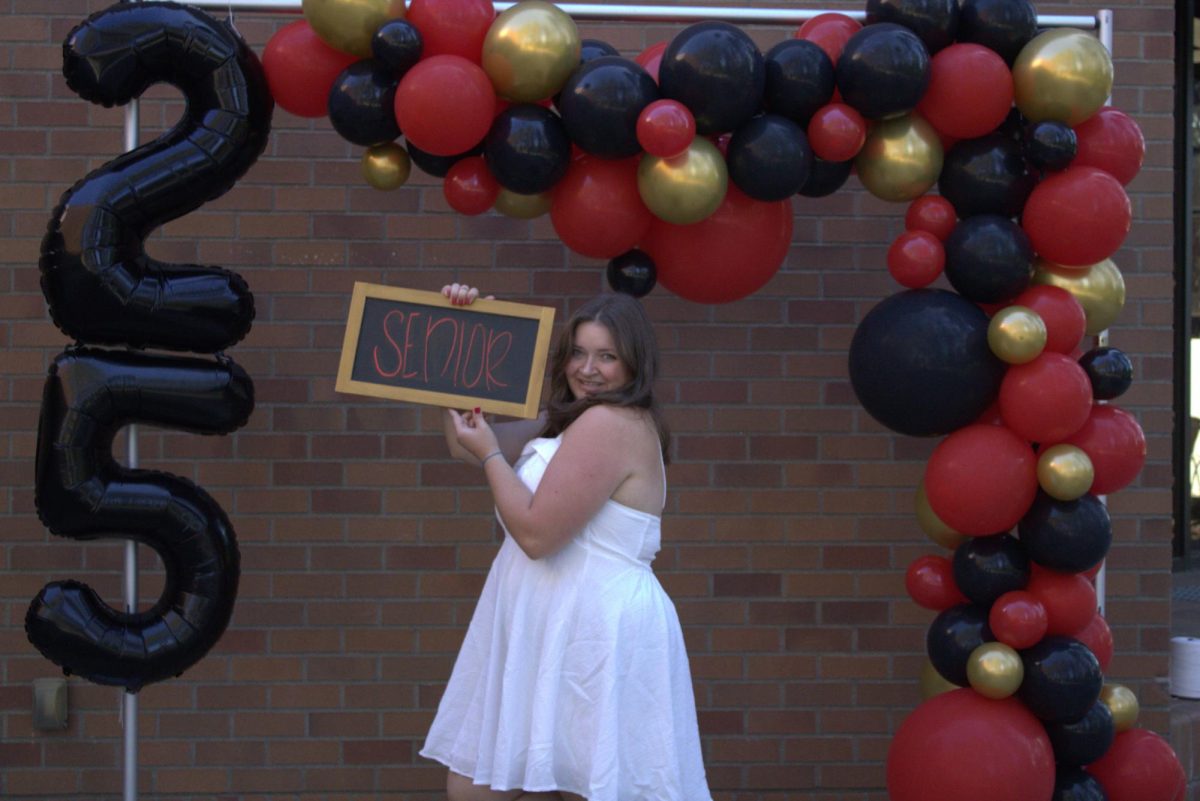ASWU continues to debate secrecy in open meetings for third week after split vote Oct. 17
After a split vote Wednesday, Oct. 17, ASWU will continue to discuss how it will handle confidentiality and transparency. The discussion stems from events that occurred two weeks earlier.
The issue of transparency arose when Vice President of Student Life Dick Mandeville came to the weekly ASWU meeting Oct. 3 and asked the members to swear to secrecy before he told them sensitive information.
“He asked us to keep it secret and under no circumstances should we be able to talk about it,” East Senator, junior Laura Venemon said.
The information was eventually going to be made known to the student body, Venemon said, but Mandeville chose to give ASWU a heads up to keep communication between administration and students.
“We kind of questioned him about it that evening and were like, ‘Why are we having to keep that secret?’” Venemon said.
Opinions have differed on how the ideas of secrecy and confidentiality should be carried out.
Mandeville presented information concerning change of wording in the handbook and wanted student leaders to be aware, Strain said.
“He asked us to keep it secret and it was that language I think that kind of sparked the ‘wait a minute, are we supposed to keep secrets like that at an open student meeting especially with our goal being transparency?’” special events coordinator and senior Jonny Strain said.
However, Warren Senator sophomore Ian Robins interpreted Mandeville’s words in a different way.
“He used some choice words that made it seem like we couldn’t tell anyone, a top secret thing. At the meeting that’s what he said, but how I took it was don’t go out and advertise this. He didn’t want students to get the wrong idea, but this is something you can talk about,” Robins said. “I think we all took it maybe a little bit differently.”
The following week, Mandeville returned and apologized for putting those present in that situation, according to the meeting minutes.
The situation was new to ASWU students, assistant dean of students Dayna Coleman Jones said.
Robins agreed that the situation was rare.
“I talked with Dayna and she said she has never seen it happen. It’s not something that will happen often; they just want to make sure when it does happen we know how to act appropriately,” Robins said.
That same week, senior and Whitworthian news editor Evanne Montoya came before ASWU and presented her concern about what had happened and the seeming inconsistency between transparency and secrecy, according to the ASWU minutes.
“The next week Evanne came in; I was really glad that she did because you don’t realize how a group you are a part of may have goofed up until someone else on the outside holds you accountable. It’s humbling but it’s necessary,” Robins said. “It started great conversation about how we, as ASWU, were going to hold to our mission statement — how committed we were to that.”
The situation sparked a discussion about the proper forum to discuss confidential information. After Montoya presented, ASWU President senior Molly Hough asked ASWU to consider and discuss how they could give student feedback if the topic involved sensitive information.
“Sometimes there is information that faculty is not ready to release to the student body and we are not the appropriate people to release that information; that is their job,” Hough said.
The ASWU mission statement states, “We, the Associated Students of Whitworth University, pledge to pursue, with humility and respect, transparent representation of the student body while fostering an environment that inspires growth, passion, and action.”
“Each year ASWU makes up their own mission statement, so this year in particular they put those words in very intentionally,” Coleman Jones said.
Venemon, Strain, Hough, Robins and Jones agreed that the open ASWU meeting on Wednesday evening is not the forum to discuss private information.
“That secrecy cannot happen in the context of that assembly,” Strain said.
Three ideas have been proposed as possible solutions discussing the information in executive session, in committees and in GE-330.
Executive session would be a separate meeting with the voting members of ASWU.
Venemon said she was in favor of having executive sessions after meetings when necessary to discuss sensitive information in certain situations.
“I am in favor of the executive committee approach where maybe after the meeting we can say, ‘Now we are going have to clear the room because we have other information that needs to be discussed.’ As long as it will be eventually brought to full student attention because I don’t think I can uphold the purpose of my job if I keep information a secret,” Venemon said.
Voting members are the executive officials, senators and representatives. Coordinators, media and guests would be excluded.
Coleman Jones said some students did not approve of the idea of holding an executive session after the regular ASWU meetings.
“The reaction to that was that too many people would be asked to leave,” Coleman Jones said.
Another idea proposed was to keep sensitive information in committees.
Members of ASWU serve as student representatives on various committees across campus. Students are supposed to report back to ASWU with information to be shared with the student body; however, based on the topic and committee not all information can be shared.
“It’s all about communication and reporting back,” Robins said.
This would involve alerting people who present in ASWU that information presented in the public meeting can be released to the student body, Hough said.
“It will be our job to give them that information,” Hough said.
Last week a motion was brought before ASWU to keep confidential information in committees only; it was overturned with a 7 to 5 vote.
“People agreed it shouldn’t be in the open 5-6:30 p.m. meeting time,” Venemon said. “But in the past students have not been reliable to go to those committee meetings because of communication mishaps and scheduling conflicts with the meetings and students’ schedules. We didn’t feel like that was a reliable enough way to get student voice in on these topics and so we overturned the motion to keep it in just the committees.”
The third proposal was to present confidential information in the GE-330 class; that way coordinators and media positions could be informed. GE-330 is a mandatory class for campus leadership and therefore not an official ASWU meeting.
Hough said a decision on the issue is expected to be made on Wednesday, Oct. 24 during the open ASWU meeting 5-6:30 p.m. in the HUB chambers. Guests are welcome.
“This year we really are thinking creatively about how to get information out to people and going the extra mile to get information out to students. Know that we are trying to serve in the best way we know how and if people have ideas they are more than welcome to shoot them to us or come to the meetings, every Wednesday at 5 p.m.,” Hough said.
Students can email executive vice president senior Tim Gjefle 24 hours in advance of the meeting to receive a free meal from the cafe when they attend.
Contact Caitlyn Starkey at [email protected]






Transparency vs. confidentiality | Cate's Commentary • Nov 2, 2012 at 9:25 pm
[…] Reposted from The Whitworthian.com […]